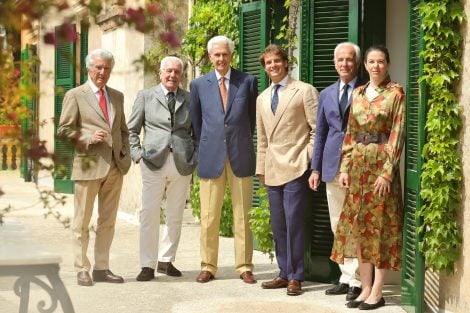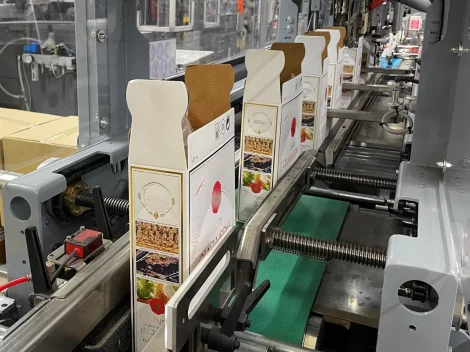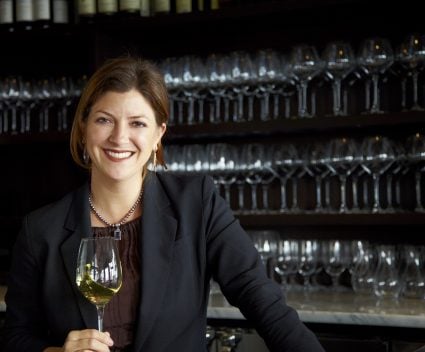by Laura Giorgi
From the ruins of a convent's rectory in a small Romagnolo village, twenty years ago, the osteria La Campanara was born. But this coming October, as it celebrates its 20th anniversary, it becomes evident that over these two decades, many other projects have emerged from that small kitchen: an inn, a shop, and now a cocktail bar and a scattered hotel, so much so that their presence has managed to prevent yet another case of mountain depopulation. Roberto Casamenti and Alessandra Bazzocchi, who in their previous lives were respectively a surveyor and a teacher, already accustomed to building houses and relationships, have made their osteria the fulcrum of the hamlet of Pianetto di Galeata, in the province of Forlì-Cesena.
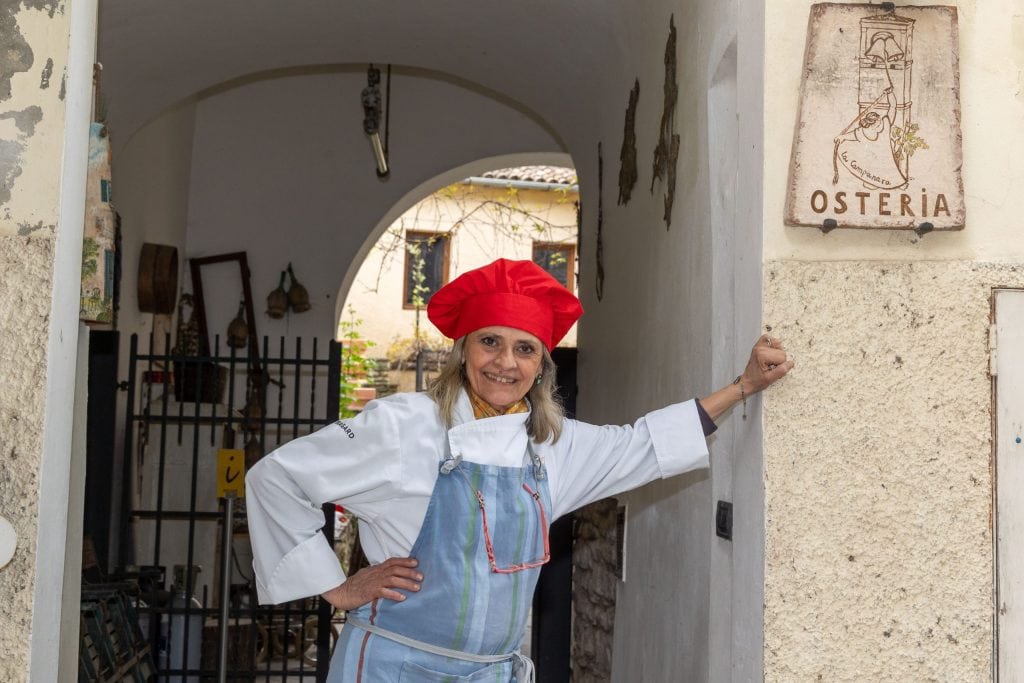
Today, it counts fewer than a hundred souls who, without this experience, would be irreparably fewer, and the houses even more empty. Adding to the statistics today are, besides some of their employees who have made their homes there, also hundreds of tourists, especially foreigners. "It was a pile of stones, but he would say to me: imagine it..." recalls Alessandra, remembering when her husband Roberto took her to see those remains wrapped in nettles and brambles. "The parish priest had asked me to help him sell the rectory," says Roberto, "and he took me to see it. It seemed the ideal place to realise our ideas: a small osteria, without a sign on the road, few dishes, no grill..."
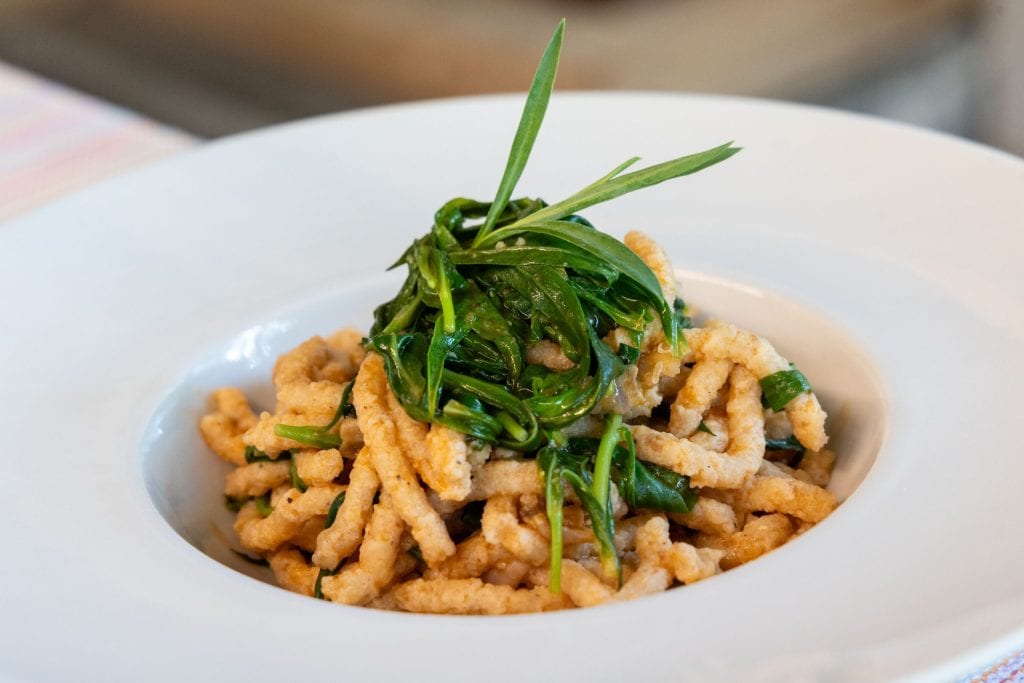
Home and country cooking
In October 2005, the osteria opened. "We had tables for 35 people, but when we reached 10, we would say we were full," says Alessandra. "We didn't want to make mistakes. To set up the kitchen, we called Giordana Nanni, who then was our pasta maker for a long time. Roberto was restoring the stable of his family's farm, for which she had cooked all her life, every day, for at least 15 people. Who better than her could teach us? We still make the ragù today with her recipe". The osteria's first menu? Alessandra thinks, then replies: "Probably the same as now, only the seasons change".
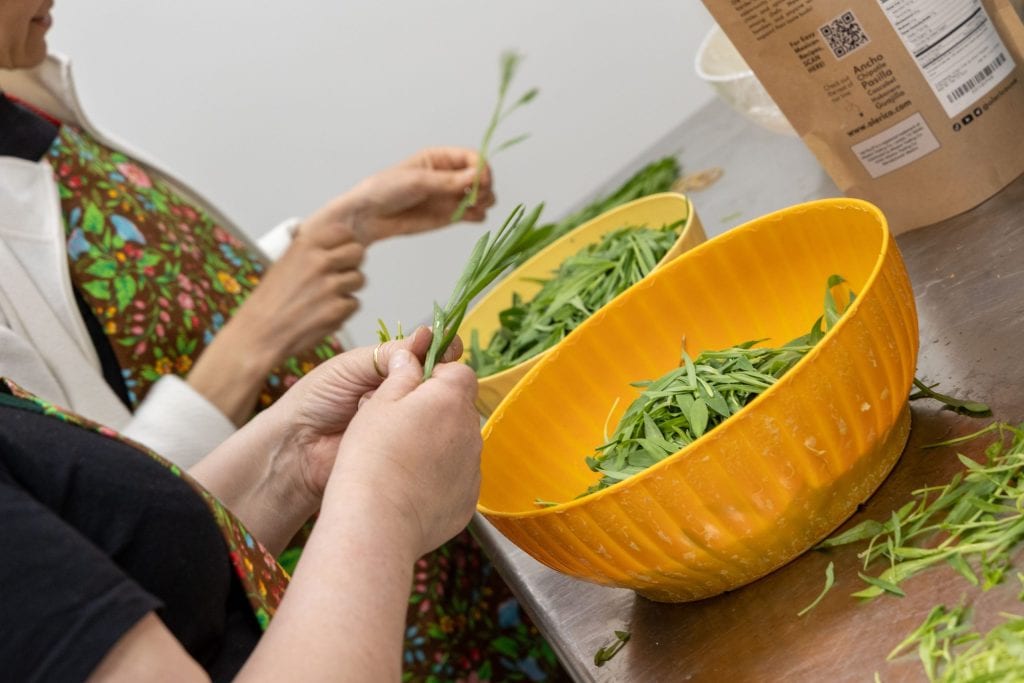
Their cuisine has followed two directions from the start: rediscovering local dishes and sourcing high-quality ingredients as locally as possible. From there, an incessant work of building relationships with small producers in Romagna and gatherers from the valley, the latter precious for herbs, wild fruits, and mushrooms. "In October, we would like our twentieth-anniversary celebration to involve especially them," say Roberto and Alessandra, "a true network with whom we share our work daily". Some dishes have become famous: the paper cone of finger-burning meatballs with red sauce, the tortello alla lastra with pickled vegetables, tagliatelle with ragù or mushrooms, dry passatelli with stridoli, Romagnolo beef tripe, baked kid goat, and for dessert, Grandma Lilla's cream and the revived ramerone with chocolate and mint.
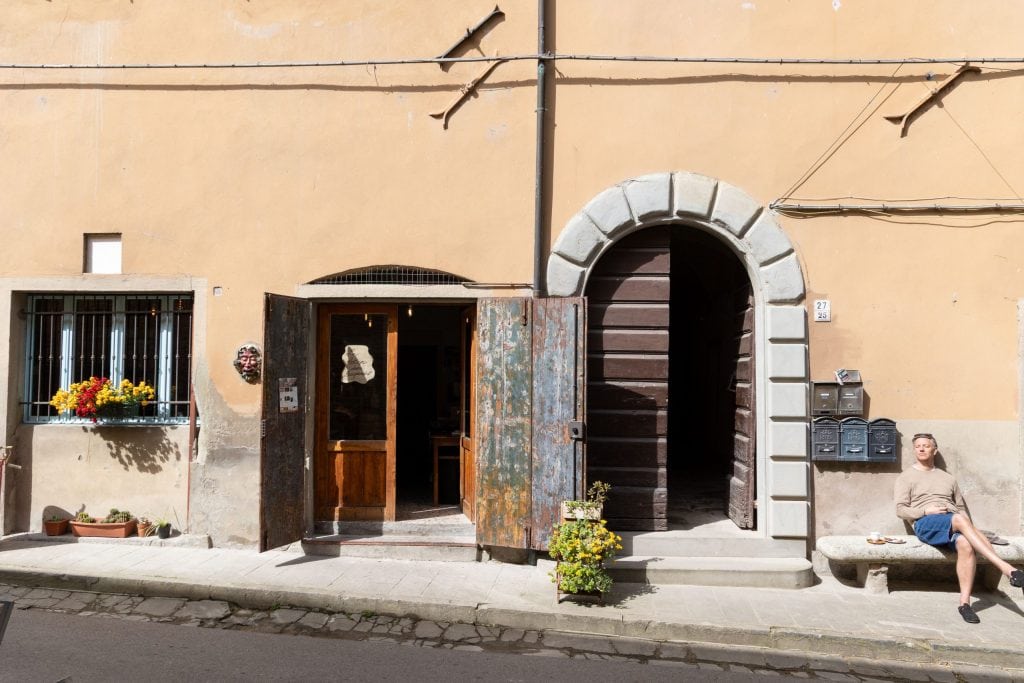
From the kitchen to the scattered hotel
Alongside this pursuit of quality, another constant has characterised the couple's work: keeping alive the small village that, until a few decades ago, had a shop, a bar, a workers' league, and, like in a Guareschi novel, on the other side of the street, the church that in the past attracted throngs of pilgrims thanks to the image of a miraculous Madonna. Then everything faded away. "When we arrived, very few elderly people were already living here," says Alessandra. "The workers who were working on our construction site would say to me, 'It will become beautiful, ma'am, but then who will come here?'" So they began to think about hospitality as well.
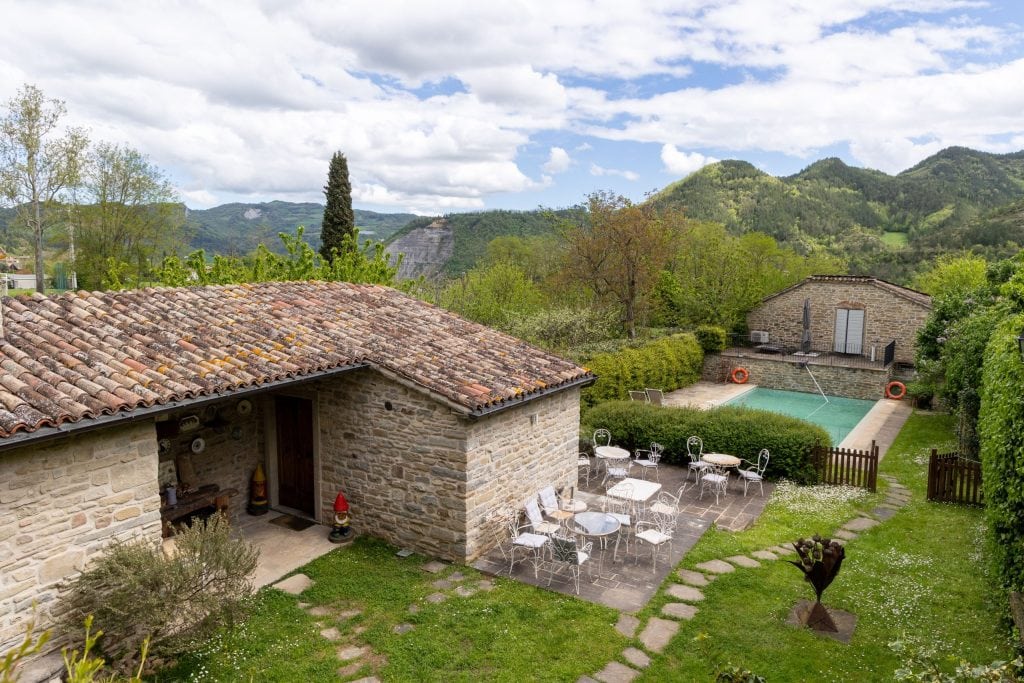
In 2012, they acquired what was the house of the farmers who produced for the convent and created the first six rooms. The animal shelter became the breakfast room, the manure pit gave way to the pool with a view, the exposed stone walls are the walls of rooms as rustic as they are warm and welcoming. The customers increased gradually, also thanks to the popularity gained by the tireless couple on television, first on "La prova del cuoco," then with regular appearances, which continue to this day, on the show "Geo". Meanwhile, the six rooms in the shadow of the fifteenth-century bell tower became nine, and this year, four more were added.
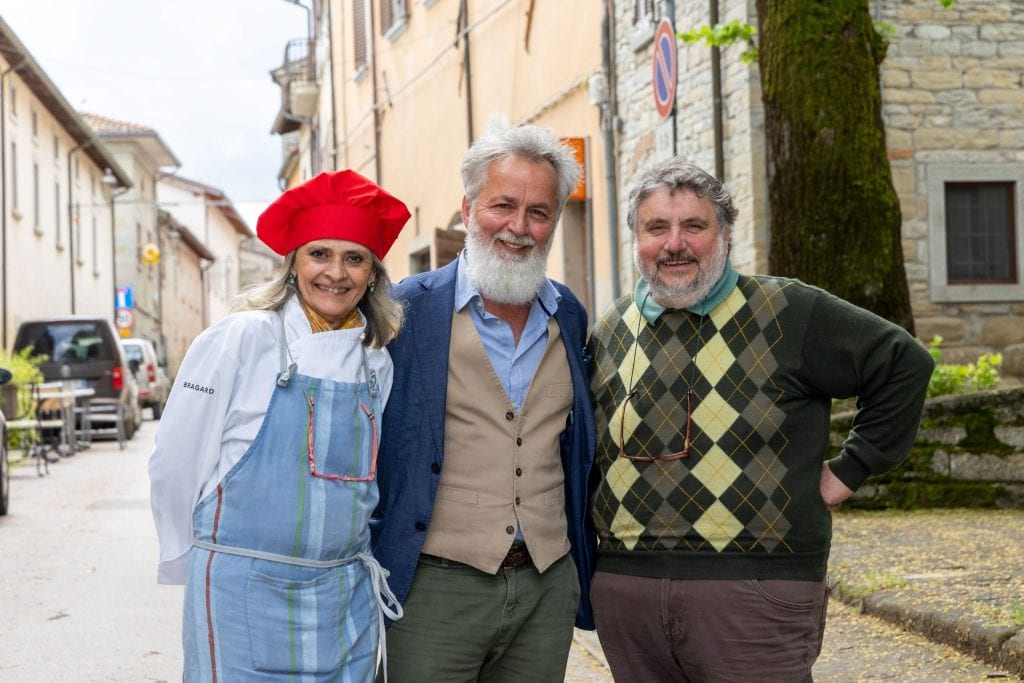
An exceptional barman in the village
Just before the outbreak of the pandemic, the owners of La Campanara had purchased the headquarters of the old workers' league, along with the building that houses it, across the street. First, the shop-laboratory started, and since last February, "Casa Fanti" has opened on the upper floor: four elegant rooms that will soon also have a shared kitchen and probably another small pool. But that's not all; in the meantime, the shop has become multitasking: in the morning, it serves breakfast for inn guests and passersby, but on weekend evenings (and throughout the week in the good season), since last autumn, it transforms into a cocktail bar. And the barman behind the counter is just the latest small miracle of Alessandra and Roberto.
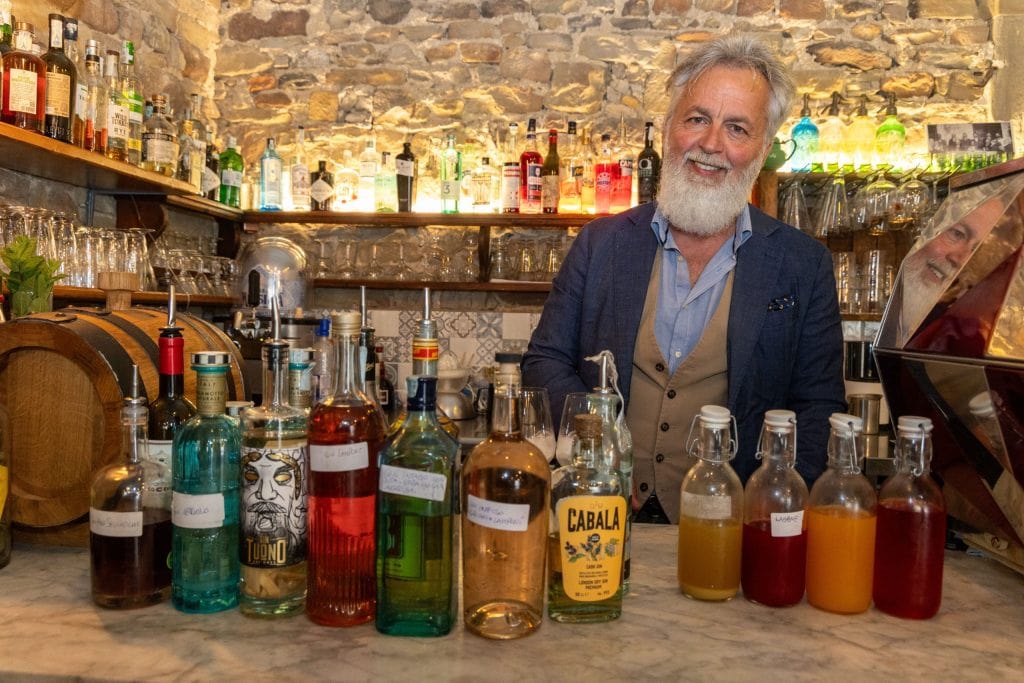
He is Paolo Dianini, former bar manager of the Hotel De Russie on Via del Babuino in Rome. He is also from Galeata; he left as a young man to work in catering in London, where he met Anthony Genovese, with whom he later worked at Il Pagliaccio in Rome before moving to De Russie, where he stayed for 24 years. "I heard about La Campanara in Milan at the Expo; I discovered it was from the village where I was born," says Dianini. "We started to get to know each other, and when a few years ago I decided it was time to return to a more authentic life, away from stress and meetings, I asked Roberto and Alessandra. From the capital to Pianetto di Galeata, not much changes: we always work for hospitality and to satisfy customers. In the meantime, I started doing what I liked again, and I have more time, so I choose local spirits, make infusions with fresh fruit and wild berries, sometimes I gather my own botanicals. A different world! I've come back down to earth, and I'm having more fun too". On the drink list: Americano and wild blackberry gin and tonic, tomato or cucumber gin and tonic, citrus daiquiri, village spritz with white vermouth, elderflower liqueur, raspberry and ginger base syrup, apple cider vinegar, prosecco.

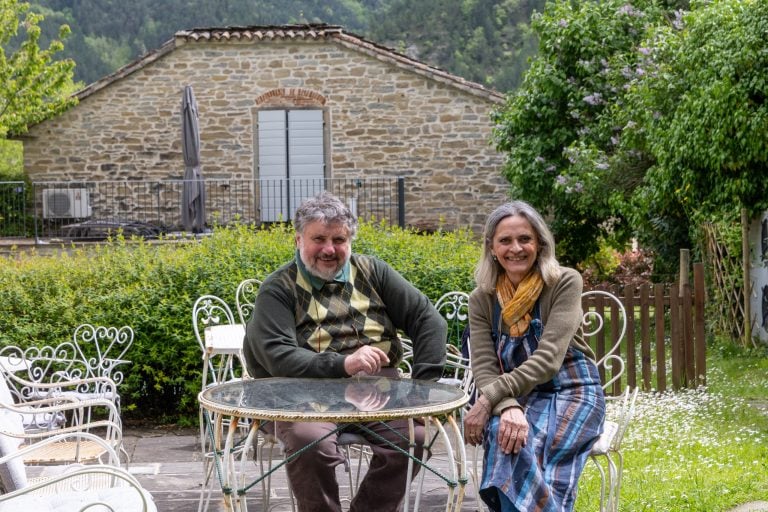
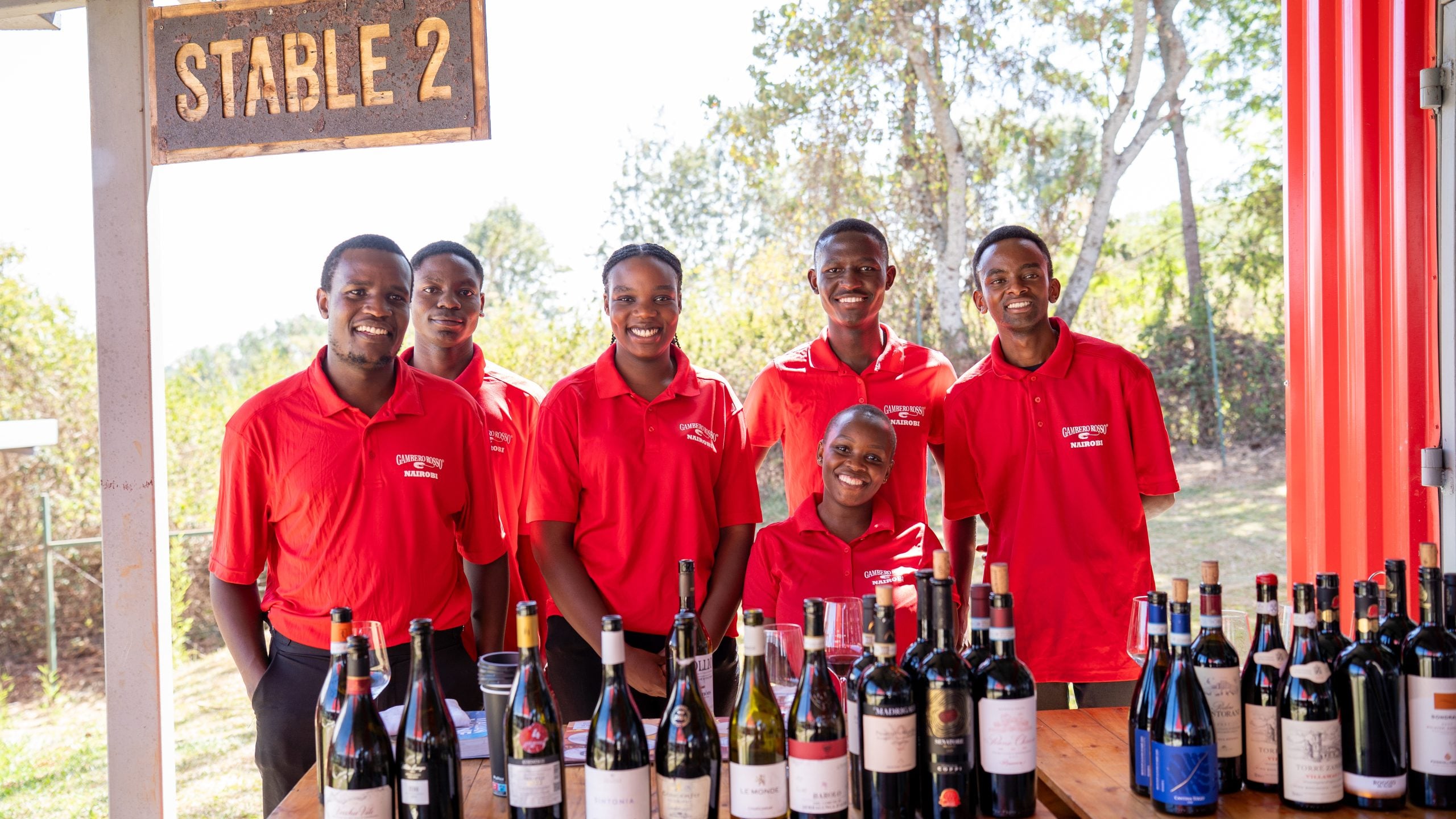 The Top Italian Wines Roadshow returns to Kenya
The Top Italian Wines Roadshow returns to Kenya Why 'restraint is a virtue' for a top Prosecco producer
Why 'restraint is a virtue' for a top Prosecco producer Gambero Rosso in Nigeria: a new strategic market for Italian wine
Gambero Rosso in Nigeria: a new strategic market for Italian wine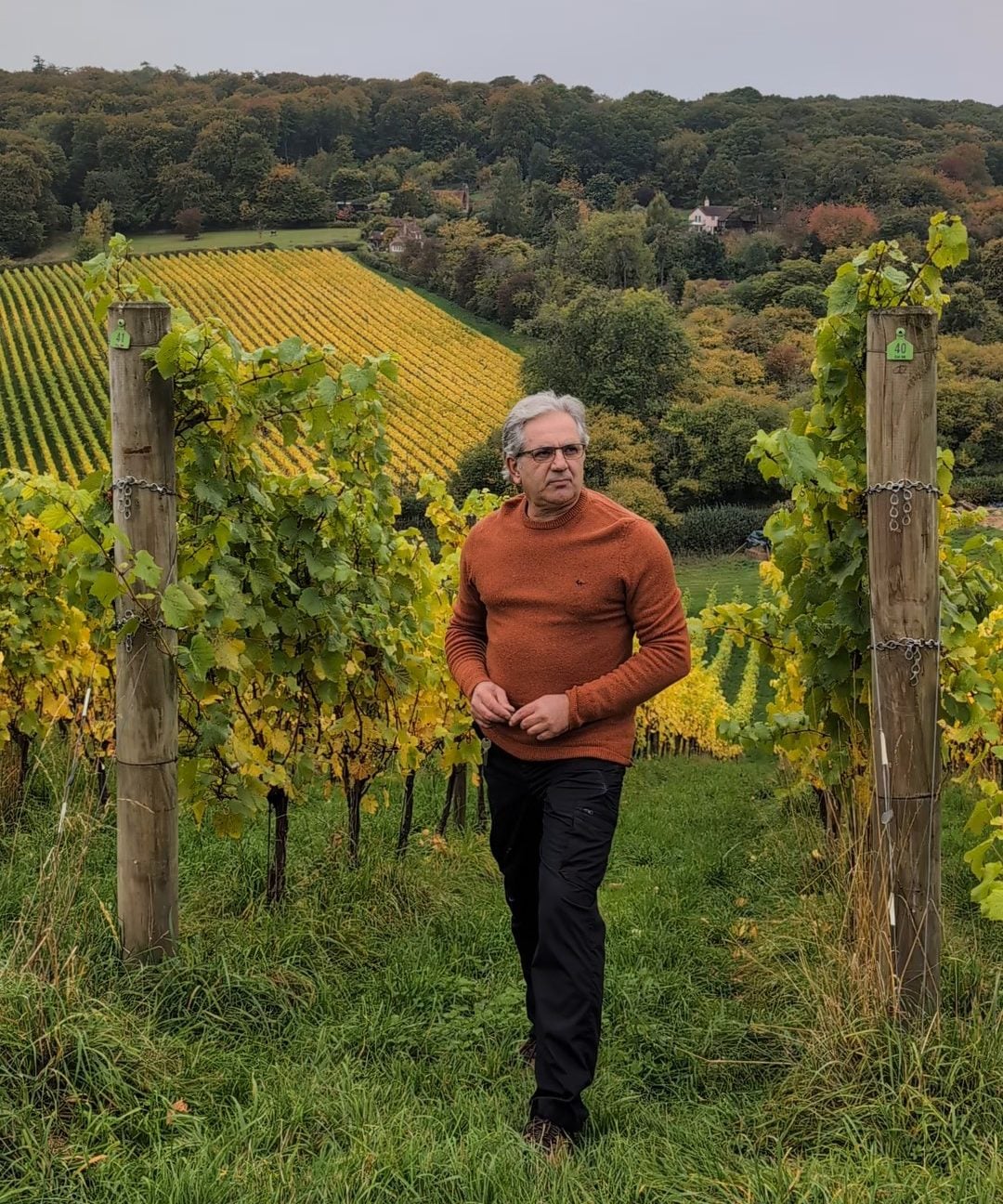 Meet the Italian viticulturist who manages an English vineyard
Meet the Italian viticulturist who manages an English vineyard The Paris restaurant where a different tasting menu is served every day
The Paris restaurant where a different tasting menu is served every day